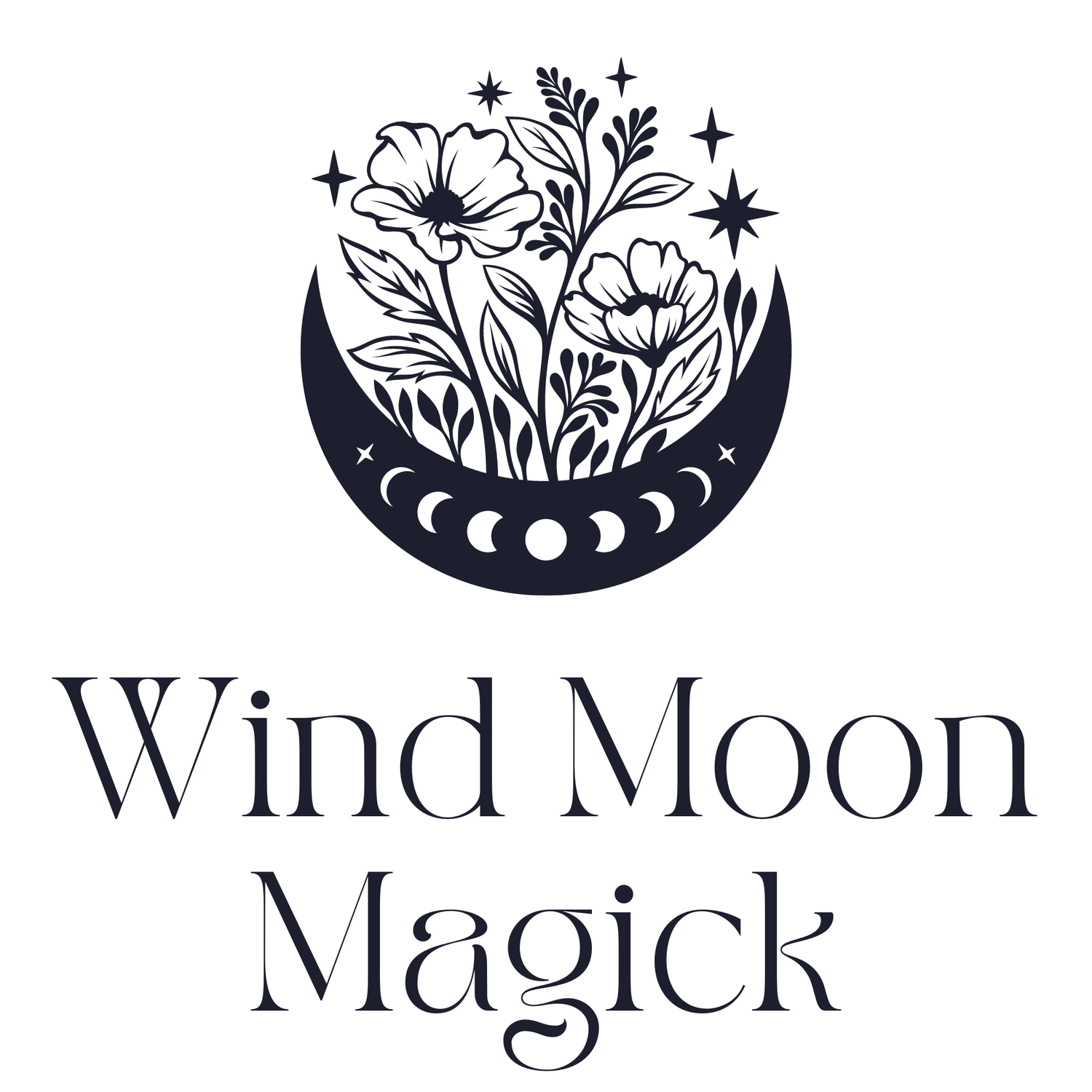Valerian
Please note, affiliate links are shared here as an means of supporting this website and our time and effort sharing great, well researched witchy content. Your support is greatly appreciated. Blessing be!
Common Name: Valerian, phu, all-heal, amantilla, setwall, capon’s tail, cat-paw
Family: Caprifoliaceae
Parts Used: Rhizome, roots
Element: Water
Planet: Mercury and Saturn
Energy: Feminine
Native To: Europe, parts of Asia
Valerian (Valeriana officinalis) is an herbal plant that has a long history of use in traditional medicine and modern medicine. It is commonly used to treat sleep disorders, anxiety, and stress-related symptoms. However, it is also known for its metaphysical, magical, and medicinal properties. This makes valerian a useful herb for many different purposes.
Metaphysical Properties:
In metaphysical tradition, valerian is associated with the feminine energy of the moon and is said to be a powerful herb for emotional healing. It is believed to help soothe the soul, promote emotional balance, and provide comfort during difficult times. It is also used to enhance intuition and psychic abilities.
Gain access to all Wind Moon has to offer as part of her Inner Circle online community. For exclusive content direct from Wind Moon including content bundles, online courses, quarterly intensives for modern witches, an ever expanding library of spells, rituals, and herbal concoctions. SAVE! when you subscribe for the whole year!
Magical Properties:
In traditional witchcraft and modern Wicca, valerian is often used in spells and rituals related to peace, calmness, and protection. It is also used in love spells and rituals related to romance and relationships. It is believed to be a powerful herb for dream magick and is used to promote vivid and restful sleep.
Medicinal Properties:
Valerian root has long been used in traditional medicine to treat sleep disorders, anxiety, and stress-related symptoms. It contains compounds that are believed to have sedative and anxiolytic effects. It is commonly used as a natural remedy for insomnia, restlessness, and nervousness. In addition to its calming effects, valerian root is also believed to have anti-inflammatory, pain-relieving, and antispasmodic properties.
Preparation and Dosage:
Valerian root is available in several forms including teas, tinctures, capsules, and extracts. The recommended dose depends on the form and intended use. For example, a common dose for tea is 2-3 grams of dried root steeped in boiling water for 10-15 minutes. For tinctures, the recommended dose is 30-60 drops, 3 times per day.
Safety Considerations:
Valerian root is generally considered safe and well-tolerated. However, it can cause side effects in some people, including headache, dizziness, and dry mouth. It may also interact with certain medications, including sedatives and antidepressants. Therefore, it is important to consult a healthcare professional before using valerian root.
In conclusion, valerian root is a versatile and useful herb that has a long history of use in traditional medicine and modern medicine. Its metaphysical, magical, and medicinal properties make it a valuable tool for many different purposes. Whether you are looking to promote peace, calmness, and protection, or to treat sleep disorders, anxiety, and stress-related symptoms, valerian root is worth considering as a natural remedy.



